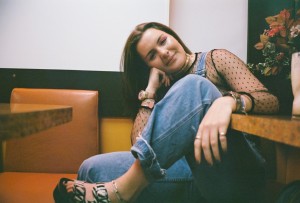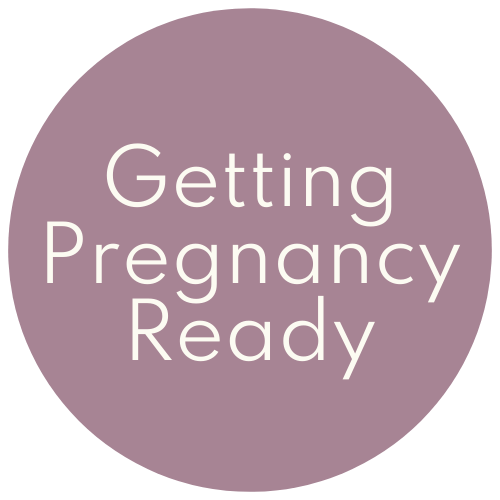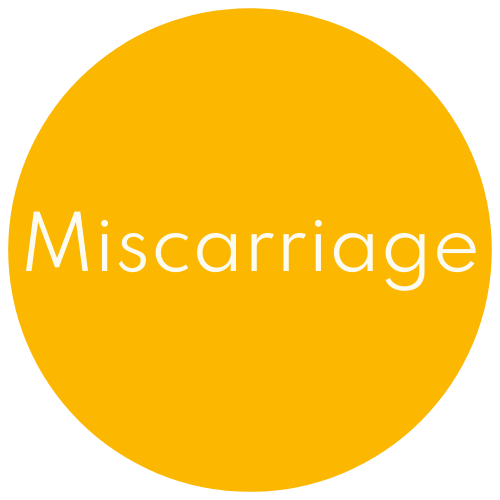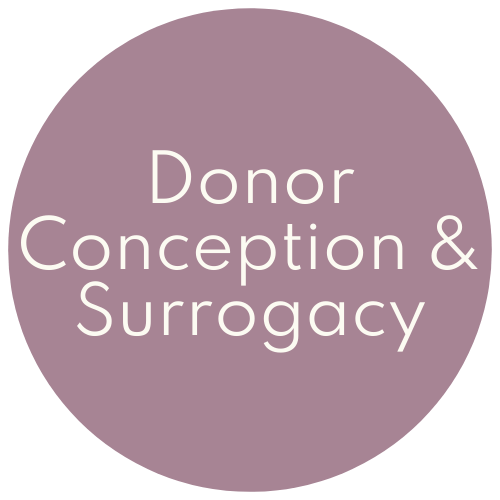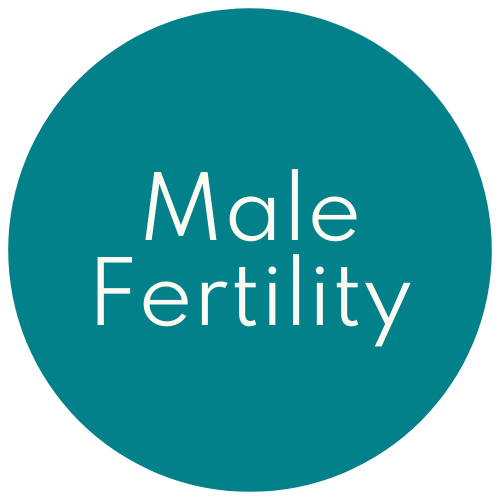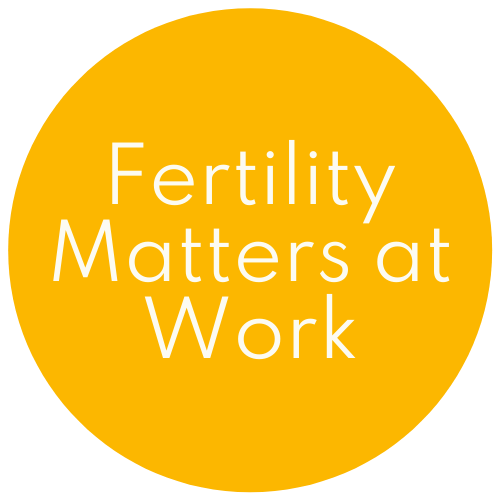I found Tasha Bishop on Twitter, or maybe she found me. However it happened, Tasha is one determined young woman. Eloquent, entrepreneurial, and clearly prepared for anything life throws at her. Whilst I continue on my journey speaking to those whose route to parenthood hasn’t been as straightforward as planned I’m still amazed at how complicated it can be to have a child.. from birth defects to issues still yet to be understood. Tasha, as you will hear in our chat was born with Mayer-Rokitansky-Kuster-Hauser syndrome in simple terms this means born without a womb but you can read the explanation above and listen to how Tasha explains more. When I first was in touch with Tasha, I asked her to email me with more info about her story and I wanted to include some of it here. As you’ll hear in our chat, she is studying English Literature and I just loved how she wrote to me. It was a lengthy email so I have paraphrased it but spend the time to read this and ask yourself if you were this composed at 19… I know I bloody wasn’t!
“My name is Tasha Bishop, I am 19 years old… nearly four years ago, when I was sixteen, I was sat in a white sterile room, awaiting an ultrasound scan. Many, MANY doctor’s appointments, tears, and statements like “I bet there’s nothing wrong with you, you’re probably just a late bloomer” lead me to this point. I am finally about to find out why I have never had a period in my whole life. Countless people tried to convince me from the age of 12 that there was nothing wrong, and up until now, I’d just sort of gone along with it to appease people. But something in my 16-year-old psyche was screaming THIS IS WRONG. An hour and a big smear of cold blue gel later, a taut and stern-faced female doctor looks at me, puzzled. Holding up two ultrasound images of the lower abdomen area, she shows me a normal one, and mine; a seemingly abnormal one. Using the end of her chewed black biro she traces the indigo fuzz and tries to point out a pattern. Mum and I clearly look completely disillusioned because she all of sudden and very brashly announces “there’s nothing there” whilst pointing to my scan…
My mutation so to speak didn’t make me feel special, or unique. I felt indescribably disgusting. I was unable to do the two things my body was biologically created to do: have sex and recreate. I felt unwomanly and unworthy. I felt like I was grieving the loss of someone or something I’d never known, and I felt like nothing else really mattered much anymore; there was this irrecoverable piece of my body missing and I couldn’t even see the hole. There were days that summer, and many days after when all I wanted was to curl up into a ball under my duvet and let my seemingly genderless, infertile body fester in sadness. Although my friends and family were, and still are, incredibly supportive, nothing any of them said could dull the pain I felt or make me feel normal. People say you fall in love when you least expect it, so if you’re trying to prove the rule, I’d be a good example to use. Fast forward one pretty miserable year and along came my current boyfriend, who to me was like early mornings and moonshine…..
I have realized throughout this process that becoming a woman doesn’t happen overnight, no matter who you are: if in your mind you are born a girl, you will grow to be a woman through experience; it is not a biological process, it is not losing your virginity, it is not putting on a pair of empowering and beautiful pants (although it is a pretty good place to start!), nor is it one that can be calculated or defined: it is a staggeringly gorgeous uphill battle from chaos toward a balanced state of contentment, self-belief, self-love, and empowerment. A battle that cannot be won unless women work together, build each other up, and celebrate each other’s uniqueness.
Watch this space with Tasha, as I am sure her project is gonna be a smash in 2017. I’m hoping to do more with her later in the year so I’ll keep you posted.
You can visit The Pants Project and follow Tasha on Twitter here
Completely and utterly speechless. Not only have I never ever ever seen anyone wear a pair of… https://t.co/UO0HPSslf3
— The Pants Project (@thepantsproject) December 27, 2016
Also have a listen to one of my previous podcast episodes when I visited Boston Place clinic in Marylebone, London. Dr. Anna Carby explains how she works with women who have Rokitansky syndrome
![]()


